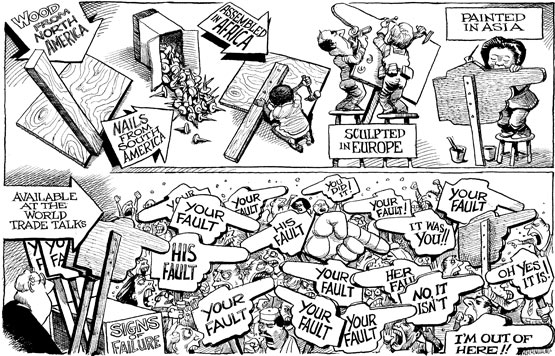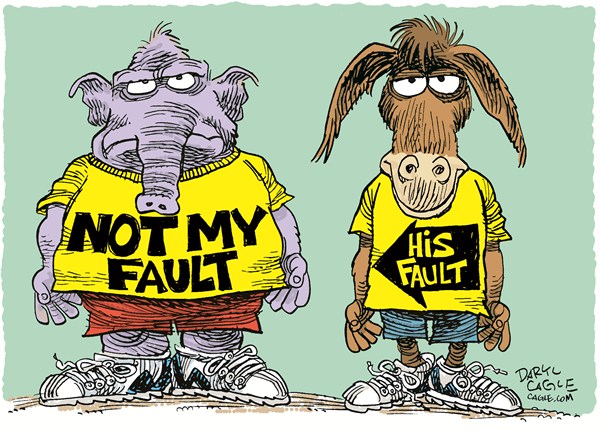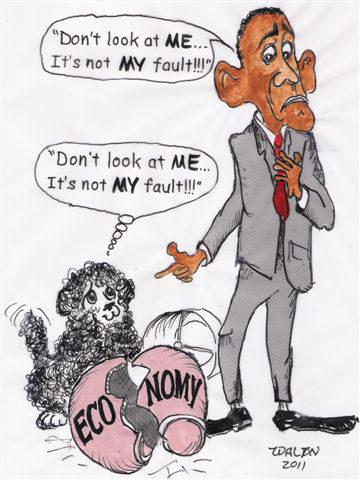Here's the basic situation: two fairly young children, boy and girl, caught by an adult after doing something really wrong (i.e., for example, breaking some sort of precious vase or something like that). What would be the least awkward way to run the classic dialogue, i.e. something like that:
- Adult: Who did that?
- Kid A: He did that (pointing at B)
- Kid B: No, she did that (pointing at A)
- Kid A: Don't believe him, he's lying
- Kid B: Nah, don't believe him, she's lying
I.e. children try to relay the blame onto each other, trying to persuade the adult by their statements.
I bet in reality there would be much shorter phrases. I believe that (2) would just "him", and (3) would be just "her", but I'm not really sure how to shorten (4) and (5).
So, basically, my question is how to say miror-phrases (4) and (5) in shorter way.
In fact, I'll feel great if someone could come up with some classic English book that features a scene like that where I can borrow some lexicon and statements?
Semi-related: Word for someone quick to blame others - although note that I'm not looking for a word how to call these children, but rather a figure of speech for (4) and (5) itself.



